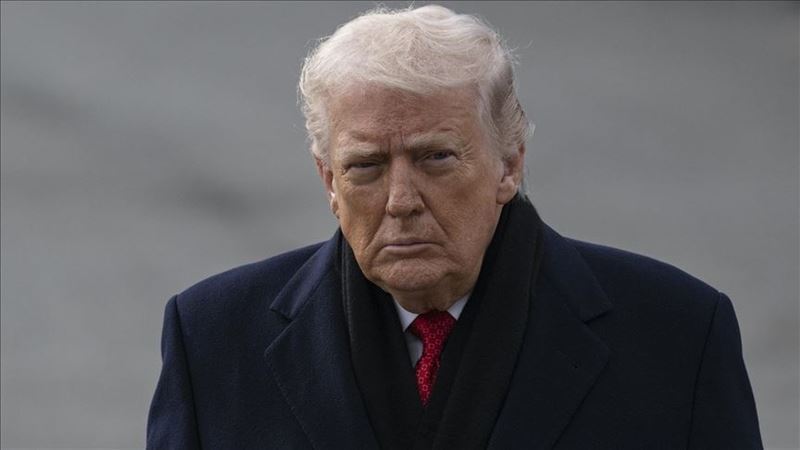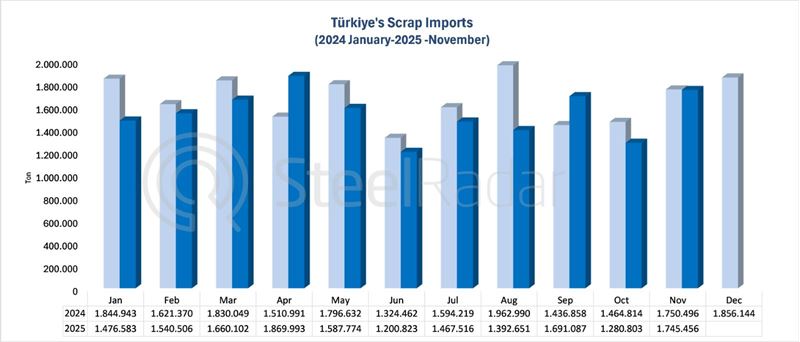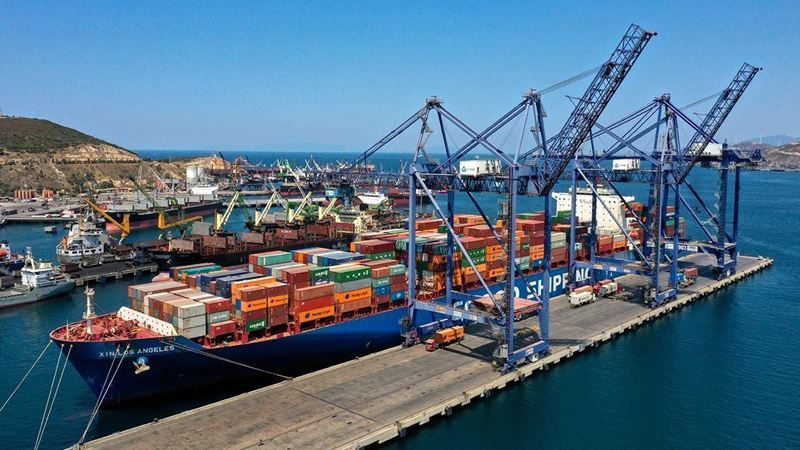Turkish steel industry is calling on the government for quotas and additional protective measures in order to safeguard its production power and investment appetite amid increasing import pressure.
❝Our capacity is ready, but we cannot compete with imports❞
Vice Chairman of the Turkish Steel Exporters’ Association Uğur Dalbeler reminded that Turkish steel producers have made significant investments in recent years despite high costs, saying, “We have invested, we have built capacity, we have modern facilities. However, the pressure from imports is immense. We are operating under unfair competition conditions.”
Dalbeler pointed out that especially low-priced products of Chinese origin are causing serious problems in the domestic market. “Countries like the European Union and the United States protect their producers with quotas and tariffs, while we remain an open market. This is not sustainable,” he said.
Similar demands are rising across the sector
Dalbeler’s statements align with the broader expectations within the industry. Sector representatives are calling for the implementation of quotas, tariffs, or monitoring mechanisms on certain product groups to ensure the continuity of production, safeguard investments, and maintain employment.
It is especially emphasized that import pressure has increased on long products such as rebar, wire rod, and profiles. It is noted that local producers in Türkiye are struggling to maintain competitive pricing in the domestic market, and some capacities are already being taken offline.
Talks with the ministry are ongoing
According to sector sources, discussions with the Ministry of Trade and relevant public institutions are ongoing. Producers state that measures such as stricter inspections on dumped products, reference price practices, and country-specific actions are currently on the table.
Long-term risk: Investment climate may weaken
Experts warn that if imports are not brought under control, Türkiye’s investment climate in the steel sector may weaken. Declining capacity utilization, postponed investments, and contraction in domestic production could negatively impact economic growth and export targets.
Source: BloombergHT










Comments
No comment yet.